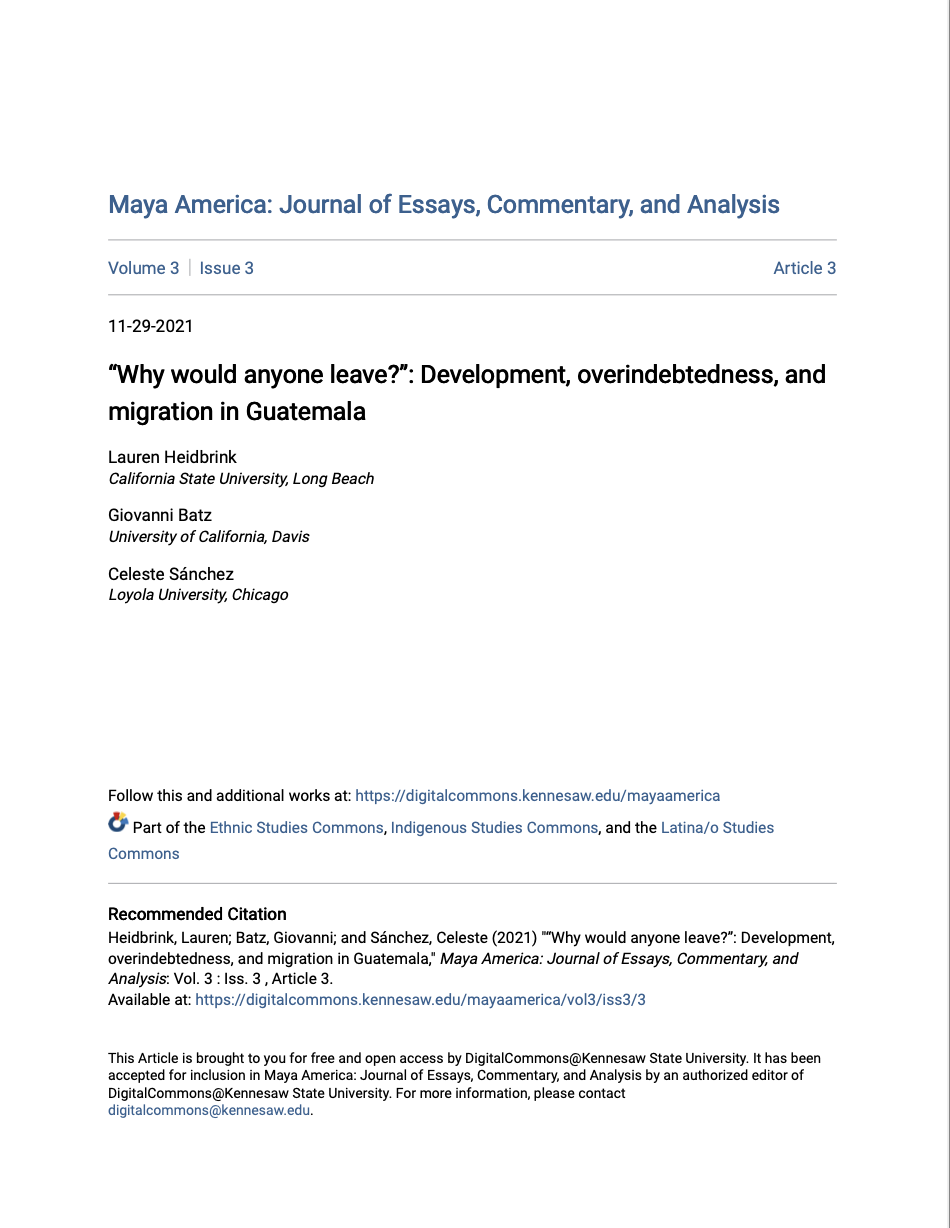The priority dilemma of Western Sanctions on Syria's agricultural reconstruction
The current relationship between Syria and the West cripples any real prospect for reconstruction. Western sanctions on reconstruction as a political tool aimed at the regime, have wide-ranging negative impacts on the civilian population – while having little hope of political success. For agriculture the repercussions of sanctions on reconstruction are severe, affecting refugee returns, livelihood recovery, food security and stabilization.






